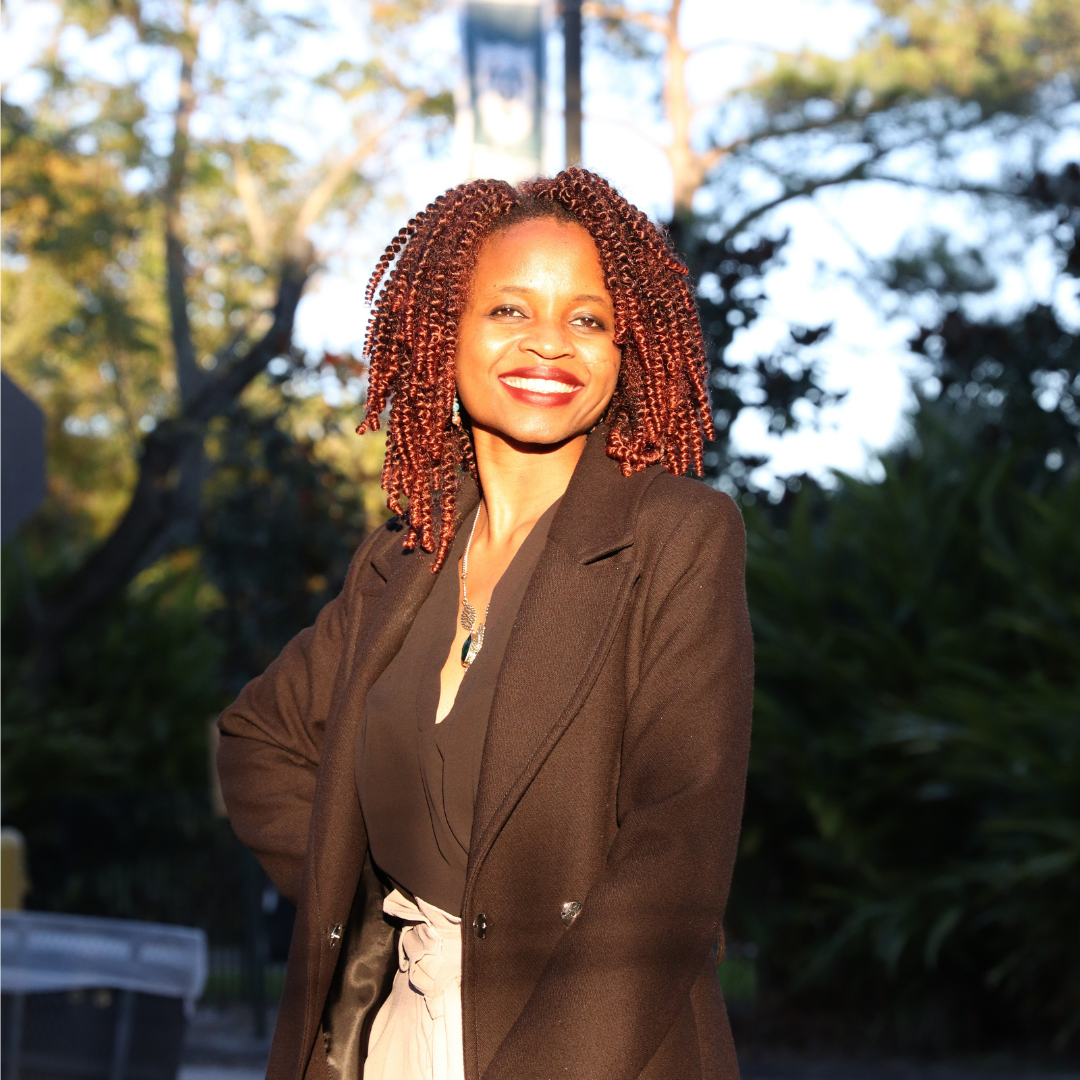
The public health field offers dedicated individuals a variety of opportunities to combine practical skills with a commitment to children’s well-being and interest in healthcare. This is the case for Simosenkosi Nkomboni, a Pincus Family Foundation Violence Prevention Scholar and Master of Public Health candidate in Community Health Sciences at the Tulane University School of Public Health and Tropical Medicine.
Having grown up in Zimbabwe, Simo came to the United States to attend college at Mount Holyoke College in Massachusetts. She received a bachelor's degree in biology with the intention to go to medical school. Her main interest was joining the advocacy movement for children. “The traditions and norms in society are that children don’t have rights,” she said. “Yet, they experience negative impacts of things like corporal punishment and alcoholism in their families. I wanted to understand non-punitive interventions.”
Simo found public health offered a variety of perspectives. “Looking through a violence prevention lens, finding mental health supports for kids, preventing adverse childhood experiences (ACEs), and addressing all the social determinants that impact children specifically helped me see that I could be looking at the whole well-being and not just the physical,” she said.
Through her public health curriculum, practicum experience, and the Pincus Scholars program, Simo gained skills and knowledge to further her capacity for advocacy. “Right from the onset, we talked about culturally sensitive practice, understanding how history affects life experiences for different groups of people, and how communities have history as to how they got to the way they are,” she said. “This is a framework to look through toward community interventions. I learned I have to look at history and the wider social context of the problem I’m trying to solve and how to tailor interventions so that it’s appropriate for the culture.”
The community health sciences program provided knowledge she can carry forward. She learned design structures, evaluation, monitoring, and statistical methodologies. “I feel equipped with overarching skills applicable across all community health strategies,” Simo said.
Simo’s practicum was at the Center for Resilience, a therapeutic day treatment for children with a variety of behavioral health needs. She provided mentorship to a high school student and helped them apply for and receive a position on the New Orleans Children and Youth Planning Board (CYPB). She also supported CfR’s PLAAY program to help measure and evaluate the activities and helped apply for a grant, which CfR did receive.
This practicum gave Simo an understanding of how a professional setting works and how to be in a team. “It takes a lot of different team members to do this work in violence prevention,” she said. “I’m trying to define and carve my role in that.”
Simo did not always feel like she was skilled enough to participate in the work. “You can feel like you are not adding value, but I learned that it is ok to observe and listen,” she said. “I’m not always going to know everything, and having humility is helpful. You can contribute your skills and be willing to listen and learn.”
Grateful for the experience, Simo also gained warm friendships with her fellow Pincus Scholars. “I appreciate the community that came from being in the Pincus program,” she said. “That group made my experience happier to be here in New Orleans and at Tulane.”
The next step for Simo is medical school. She will attend Emory University in Atlanta this fall and is considering pediatrics as her specialty. “I hope to continue to be an advocate for children and working for those who are underserved and examining the social determinants of health,” she said.
Simo is a member of the first graduating cohort of the Pincus Family Foundation Violence Prevention Scholarship, an interdisciplinary, two-year scholarship program embedded within Tulane’s MPH program and the Violence Prevention Institute (VPI). Through unique experiential learning activities and a field practicum with a partner organization, scholars develop a specialized skill set to effectively collaborate with communities to prevent violence and promote health and well-being.
